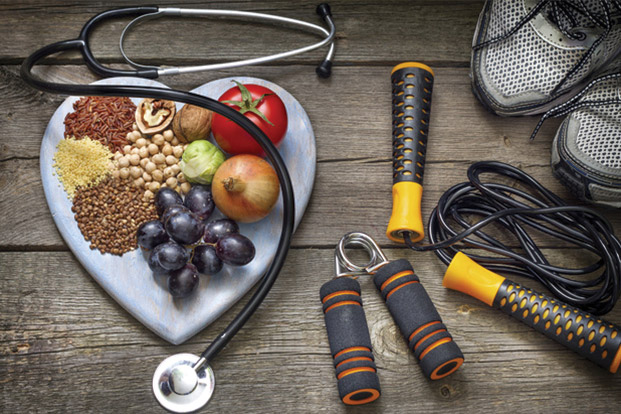Foods to Eat and Avoid While Treating Malaria
Apr 19, 2022
Malaria is a protozoal disease, which is associated with high grade fever and is often transmitted by female Anopheline mosquito bites. The mosquito transport the parasite from one infected human to another. These parasites then enter the blood stream and infecting the red blood cells. The main symptoms of malaria are fever, chills, headache, nausea and vomiting, etc.’
There is no specific diet for malaria but adequate nutrition is the key for improvement. A good diet should focus on strengthening the patient’s immune system without affecting liver, kidney and digestive system. Patient needs to be encouraged to eat frequently in small quantity that helps to tolerate the food.
Diet recommendations for patients suffering from Malaria
The following points to be consider in nutritional planning for malarial patient.
- Fever is an essential aspect-Fever increases body metabolic rate (BMR), thus calorie requirements are increased. The calorie requirement depends on degree rise of temperature. During fever there is decrease in appetite as well as decrease tolerance, thus calorie intake is a big challenge. It is important to consume foods that provide instant energy such as glucose water, sugarcane juice, fruits juice, coconut water, electoral water, sorbet (sugar, salt and lemon with water), etc.
- Keep a check on the protein intake-The requirement of protein is increased as there is a massive tissue loss. A high protein with high carbohydrates diet is helpful in protein utilization for anabolic and tissue building purposes. Intake of high biological value protein such as milk, curd, lassi, buttermilk, fish (stew), chicken (soup/stew), egg, etc are useful to fulfill the requirement.
- Control your fats intake-Fats intake should be in moderation. The uses of dairy fats like butter, cream, fats in milk products, etc are helpful in digestion as they contain medium chain triglycerides (MCT). Excessive use of fat in cooking or eating fry foods aggravate nausea, impaired digestion which leads to diarrhea.
- Work on your vitamins-Loss of water and electrolytes is very common in malaria. Food preparation in form of juices, stew, soup, rice water, dal water, coconut water, electoral water, etc are beneficial to maintain it. Vitamin A and Vitamin C rich foods such as carrot, beetroots, papaya, fruits especially citrus fruits (e.g. orange, mausambi, pine apple, grapes, berries, lemon, etc), with vitamin B complex are very useful to boost immunity.
- Load up on fluids- Liberal fluid intake is desired to compensate for the fluid losses from the body. A daily fluid intake of 3 to 3.5 liters is recommended.
Foods that need to be avoided by malaria patients are:-
- A high fibre foods such as whole grain cereals, green leafy vegetables, thick skin fruits, etc
- Fried foods, processed foods, junk foods, oily and spicy foods, pickle, etc
- Excess intake of tea, coffee, cocoa and other caffeinated beverages, etc.
A well balance diet consisting of cereals, pulses, vegetables, fruits, milk and milk products, fish (stew), chicken (soup/stew), sugar, honey, etc that provides adequate nutrition as well as maintains fluid balance is recommended for malarial patient.
Expert Care for a Faster Malaria Recovery
Proper nutrition plays a crucial role in recovering from malaria by strengthening your immune system and replenishing lost nutrients. A well-balanced diet, along with adequate hydration, can significantly improve your healing process.
For expert guidance and personalized care, consult our specialists at Paras Health. Call us at 8080808069 to book an appointment and get the best nutritional and medical support for a speedy recovery!Save









